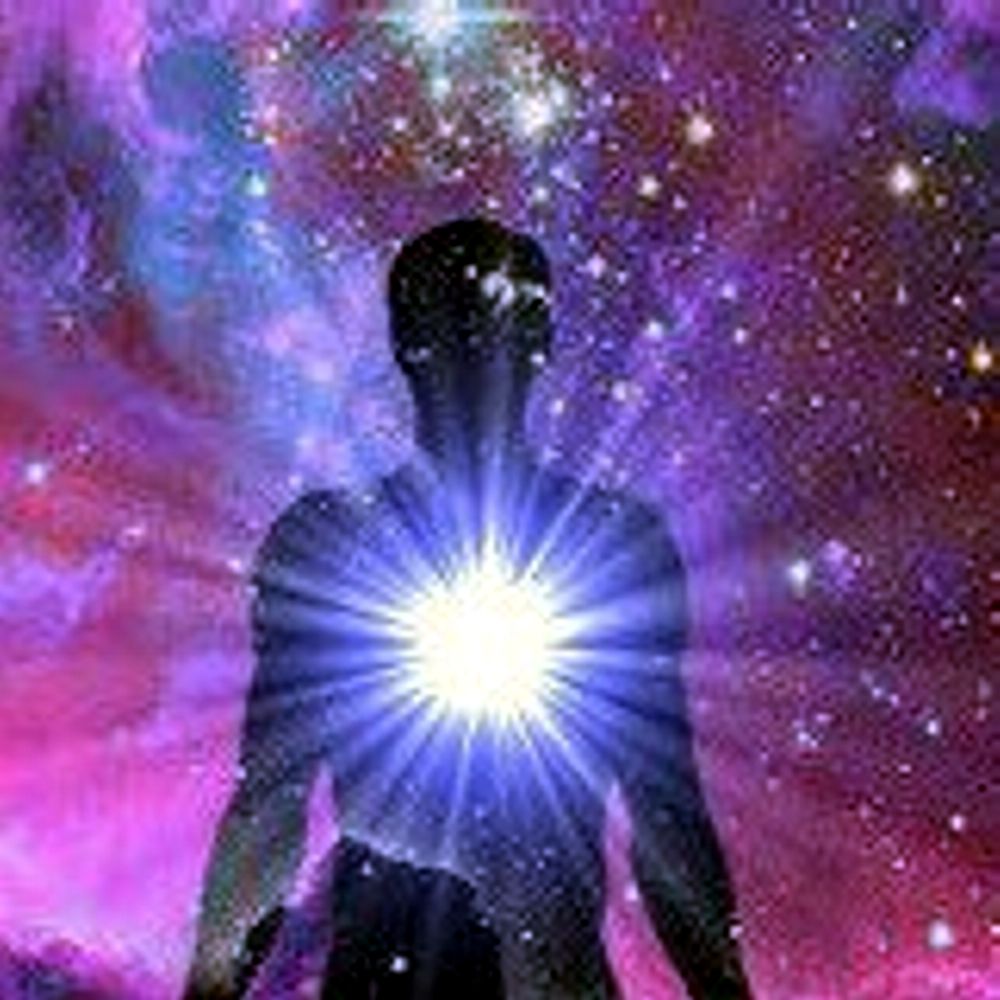Wisdom of Mind

Last week in Light on Life we turned the corner of understanding yoga practice from the external practice to the internal quest … from the physical to the mental layers. And in Chapter 5, BKS Iyengar now furthers this discussion of our journey toward “wisdom”.
“Wisdom” occurs when we complete our understanding of the citta (consciousness) and how it works, including each of its parts, the manas (mind), ahamkara (ego), and buddhi (intelligence). The buddhi is our individual intelligence that lies closest to our experience of the cosmic intelligence (mahat), but we at some point even have to let go of that barrier to experience yoga, or union with our true nature.
“This (cosmic) intelligence is everywhere, and, like air, we constantly bathe in it and imbibe it. Of course we put barriers up against it, because we are proud of our own individual and necessary intelligence. Thus we deprive ourselves of the full benefit of this infinite, universal, nourishing resource, just as we deprive ourselves of pranic energy from poor breathing.”
So, how do we peel this final layer and barrier away? By study and practice of course! Discovering what our mind does to us in life is very possibly the most important understanding within our practice of yoga. From moral precepts, to physical postures, to full on meditation, we are constantly dealing with the mind, so how do we transform it?
“If you want to get the best out of a fiery horse, you have to understand, tame, and control it. The same is true for the fiery mind, or it will run away with you.”
The definition of yoga is to “still the fluctuations of consciousness” and if we achieve that we will “dwell in our own true nature”. Knowing what the fluctuations are that disturb the consciousness is important for this practice. There are 5 Citta Vrttis : Fluctuations of Consciousness. Each of these can be looked at as helpful or harmful to our journey toward wisdom and our goal is to lead ourselves toward correct knowledge in the present moment.
- Pramana – Correct knowledge – what we strive for in the study of all the other vrttis
- Viparyaya – Wrong knowledge – Misperception can lead to totally delusion and incorrect action. To mistake a rope for a snake in the road we might take a long way around, get lost, or lose direction. Look closer and you will identify the truth before going off course. This only requires a bit of time and energy, reflecting for a moment on any action or reaction.
- Vikalpa – Imagination or Fantasy – literally making things up and believing in them without cause. We do this a lot without any foundation, for example, within the simple phrase “I can’t”. By saying that, you never will, only because of the story you have told yourself. Turn that around and say “I can”, and you will always find a way.
- Nidra – Sleep – The experience of dreamless sleep and that moment we experience right before the mind activates itself from sleep is a helpful reminder that still fluctuations can be experienced. However, most of us get confused or delighted by the dull pleasure of languid sleep and rest, keeping us from pure alert awareness.
- Smrti – Memory – Chapter 4 covered a lot of how we deal with memory. We can use it to stay rooted in the past and never transform, or we can use it to make changes for the better.
To keep turning back toward pramana, or correct knowledge, we must stay alert and put in effort (tapas) to continue toward wisdom.
“Correct knowledge is based on three kinds of proof: direct perception, correct deduction, and testimony from authoritative sacred scriptures or wise experienced people.”
Iyengar gives us some very practical examples of the process of correct knowledge in the book, so I won’t reiterate them here. When this correct knowledge becomes intuitive and automatic, when the discriminative faculty of even individual intelligence has been perfected, true wisdom dawns. This experience happens without duality of black/white, hot/cold, good/bad. It is fully within the present, and is experience of fully integrated being.
“We turn the source of knowing from our brains to our hearts and from our minds to our souls.”